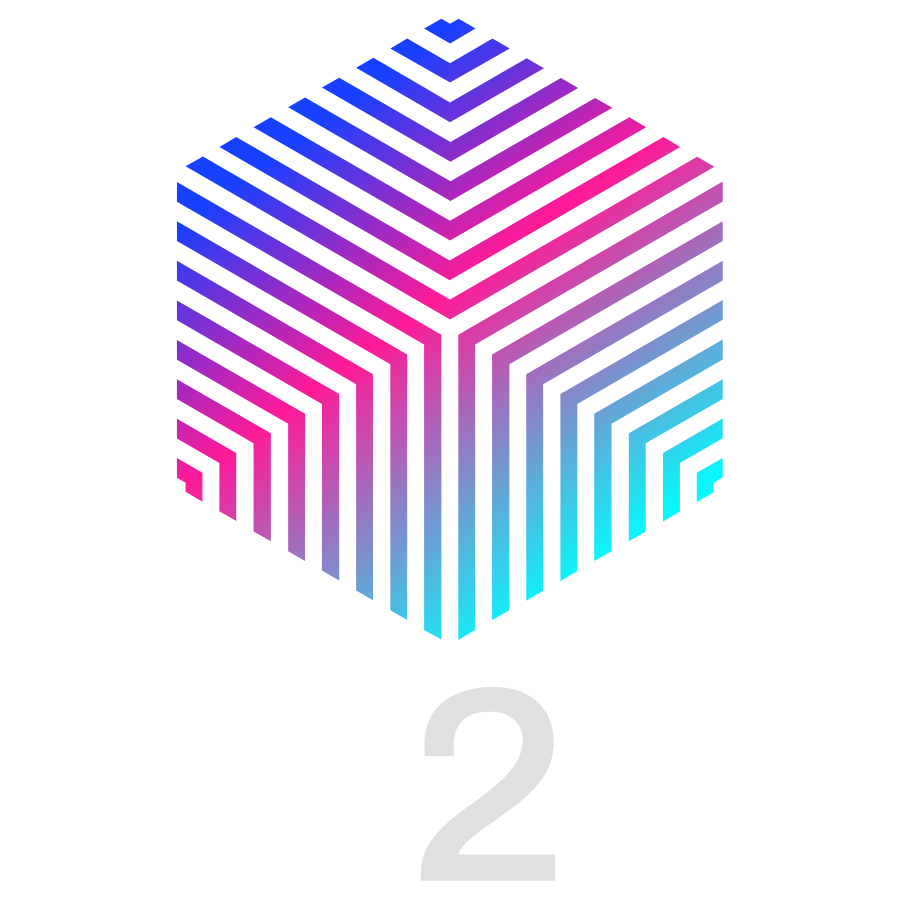The Growing Role of AI Agents Across Industries: Why the Future Looks Bright
Artificial Intelligence (AI) agents are no longer just a futuristic concept—they’re a game-changer in today’s world! These intelligent systems are transforming industries by automating tasks, improving decision-making, and boosting efficiency in ways we could never have imagined a few years ago. In this post, we’ll explore how AI agents are being used today and why the future looks so promising. Plus, we’ll give you a sneak peek into an exciting project our company is working on that’s in line with these AI trends!
How AI Agents Are Changing Industries Right Now
1. Financial Services: Smarter Operations and Faster Decisions
AI agents have become essential in finance, helping to make operations smoother and decisions smarter. One powerful use case is in fraud detection.
In the UK, over 30% of financial institutions are using AI to catch fraud, saving billions of pounds each year! AI-powered chatbots are also improving customer service, with banks like HSBC and NatWest using them to provide quicker, more cost-effective responses to customer queries.
AI is also making a huge impact in trading. Leading financial firms are using AI to make real-time trading decisions, sometimes generating up to 20% of their revenue from these systems.
By analysing vast amounts of data, AI agents help traders spot trends and make faster, more accurate decisions.
2. Healthcare: Transforming Diagnostics and Personalised Care
AI is revolutionising healthcare too, from diagnosing diseases to offering personalised treatment plans.
AI agents are helping doctors make better decisions by analysing vast amounts of patient data. For example, the UK’s National Health Service (NHS) uses AI for image recognition in radiology, often diagnosing conditions like cancer more accurately than humans.
The healthcare industry is growing rapidly with AI at the forefront. In fact, the global market for AI in healthcare is expected to reach £62 billion by 2028!
As AI agents get better at integrating data from wearable devices and genetic profiles, personalised treatments will become even more precise.
3. Retail and E-commerce: Improving Customer Experiences
AI agents are helping retailers and e-commerce companies deliver more personalised shopping experiences.
Businesses like Amazon and Tesco are using AI to recommend products, predict customer preferences, and manage inventory more effectively.
Thanks to AI, retailers are seeing up to a 30% boost in efficiency, and global profits from AI-powered personalisation are expected to rise by 15% by 2030.
With more and more people shopping online, AI agents will be essential for creating smooth and tailored customer experiences.
4. Manufacturing: Preventing Downtime with Predictive Maintenance
In manufacturing, AI agents are making operations more efficient by predicting when machines might break down, allowing companies to fix issues before they become costly problems.
Rolls-Royce, for example, uses AI to monitor aircraft engines, spotting potential issues long before they cause expensive downtime.
Although AI adoption in manufacturing has been slower than in other industries, it’s expected to grow as more companies recognise the benefits of AI-driven automation and maintenance.
AI is set to transform how factories operate, reducing waste and improving quality control.

Why AI Agents Have a Bright Future
1. Autonomous Agents: The Future of Work
Looking ahead, AI agents will play an even bigger role in the workplace, taking on tasks that are too complex or time-consuming for humans.
In industries like logistics, AI robots are already managing inventory and fulfilling orders, and experts predict that AI could boost global GDP by 14% by 2030!
AI agents are also becoming more advanced in areas like data analysis, customer service, and even creative tasks like writing. As they get smarter, these systems will help businesses run more efficiently, freeing up employees to focus on higher-level work.
2. AI in Government: Streamlining Public Services
Governments are starting to use AI agents to improve services and make processes more efficient.
In the UK, for example, HMRC is using AI to analyse tax returns and spot errors. In the future, AI could even help governments design better policies by analysing data to predict the effects of policy changes.
It’s estimated that AI could save the UK government up to £4 billion a year by automating routine tasks. These savings could then be reinvested into public services, improving the quality of life for citizens.
3. Start-ups and AI Innovation
One of the most exciting areas of AI growth is in start-ups. The UK leads Europe with over 3,600 AI-focused start-ups, attracting billions of pounds in investment.
From fintech to health tech, start-ups are using AI to create entirely new business models.
AI-driven fintech start-ups, for example, are using these technologies to speed up loan approvals and improve credit scoring.
Meanwhile, health tech start-ups are developing new tools for diagnosing diseases and creating innovative treatment options.
Why the Future Trend is Clear for AI Agents
The potential for AI agents is immense. They are already driving innovation in industries like finance, healthcare, manufacturing, and retail, helping companies improve efficiency and make better decisions.
With global AI spending expected to exceed £500 billion by 2027, the pace of AI adoption is only going to accelerate.
At our company, we’re also working on an exciting AI project aimed at revolutionising customer service.
Our goal is to create a system that can handle complex queries, learn from interactions, and provide personalised solutions in real time.
We can’t wait to share more about this cutting-edge technology with you as we bring it to market, as we power our partners with artificial intelligence technology.
The future of AI agents is incredibly bright, and businesses that embrace these technologies today will be the ones leading the way tomorrow.
Sources:


